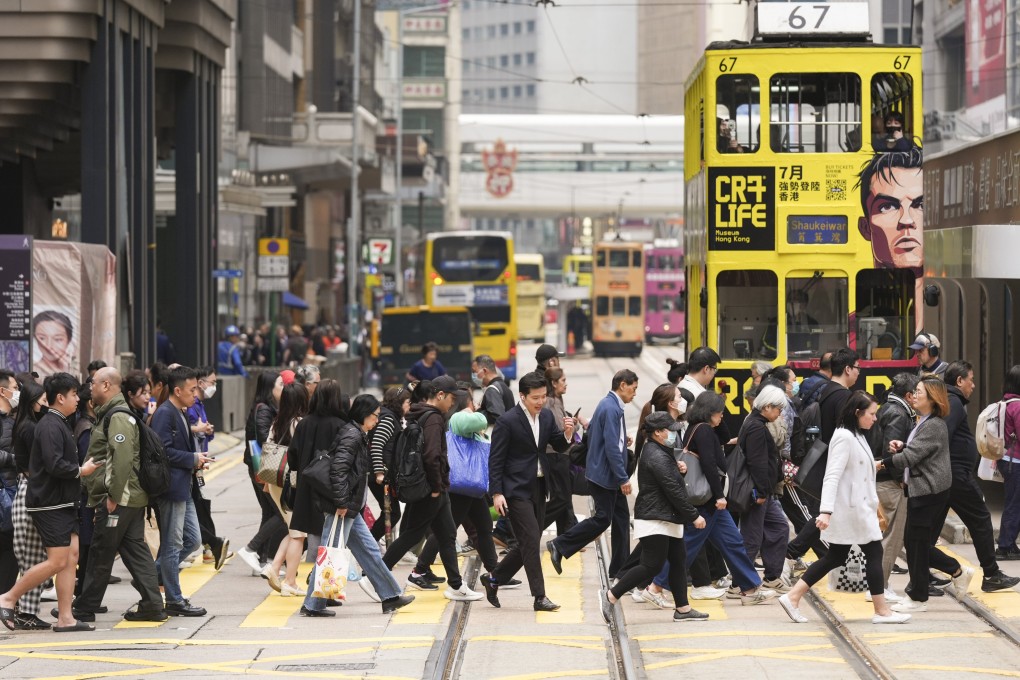Letters | Make decent work for all a policy goal in Hong Kong
Readers share their reflections on Labour Day and Australia’s elections, and discuss improvements for Hong Kong’s tourism and AI strategies

Social justice is based on the principle that everyone deserves equal rights, opportunities and dignity regardless of their background. It calls for removing barriers that prevent people from reaching their full potential and insists on fairness in how society’s resources and benefits are shared. Achieving social justice isn’t just about lofty ideals – it’s about concrete changes in everyday life, especially in the world of work.
In Hong Kong, the pursuit of social justice is closely linked to the need for decent work for all. Although the city is well-known for its economic dynamism, many workers do not enjoy the security and respect that should come with employment.
The situation is even tougher for ethnic minorities, who often face systemic challenges such as language barriers, discrimination and limited access to quality education and training. These disadvantages push many into low-income, insecure jobs, making upward social mobility more challenging and exclusion more likely. Women, young people and migrant workers are also at heightened risk of exploitation, especially as the Covid-19 pandemic exposed and deepened existing vulnerabilities.